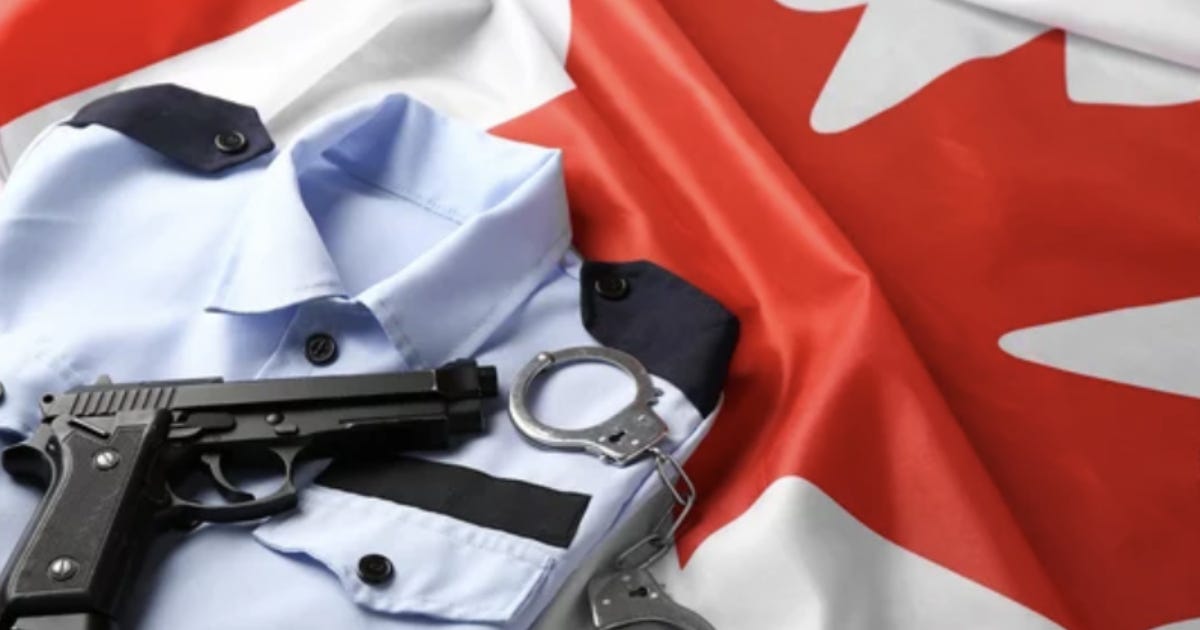Government-funded film glorifies assassin of Canadian immigration officer
A government-funded film portraying the 1914 assassination of Canadian immigration officer William Hopkinson has sparked concern over its depiction of the killer, Mewa Singh, as a martyr.
A government-funded film portraying the 1914 assassination of Canadian immigration officer William Hopkinson has sparked concern over its depiction of the killer, Mewa Singh, as a martyr.
The film, Guru Nanak Jahaz, dramatizes the fatal courthouse shooting of Hopkinson by Singh in Vancouver on October 21, 1914.
The film was produced with funding from the Canadian government. It gives special thanks to federal politicians, including Conservative Deputy Leader Tim Uppal and Liberal MP Sukh Dhaliwal, and is supported by several Punjabi immigration consultancies.
In the film, Singh is shown emptying two pistols into the unarmed Hopkinson inside the courthouse corridor. He then surrenders, pleads guilty, and is hanged shortly thereafter.
Some in the Sikh community have long viewed Singh as a martyr, while other Canadians see the assassination as politically motivated terrorism.
Historical context shows Singh was outraged by Canada’s immigration policies, particularly the infamous Komagata Maru incident, when hundreds of unauthorized Indian passengers were denied entry to Canada.
History also shows that Singh believed Hopkinson’s surveillance of Sikh activists was harmful to the community.
Hopkinson had worked as an informant handler and intelligence officer for Canadian authorities during a time of growing anti-colonial sentiment among Indian immigrants.
The film has faced backlash from observers who say it romanticizes a political assassination and crosses a line by celebrating the murder of a Canadian official.
The Canadian government’s support, along with the association of elected MPs, has drawn particular scrutiny amid ongoing concerns over Sikh-related extremism within the modern Khalistani movement in Canada.




One might call for the firing of whoever approved this.
Instead...
Probably got promoted.
Can any Canadian honestly be surprised? Another step taken by our beloved liberals to erase all the good of this country and glorify the terrorists from abroad.